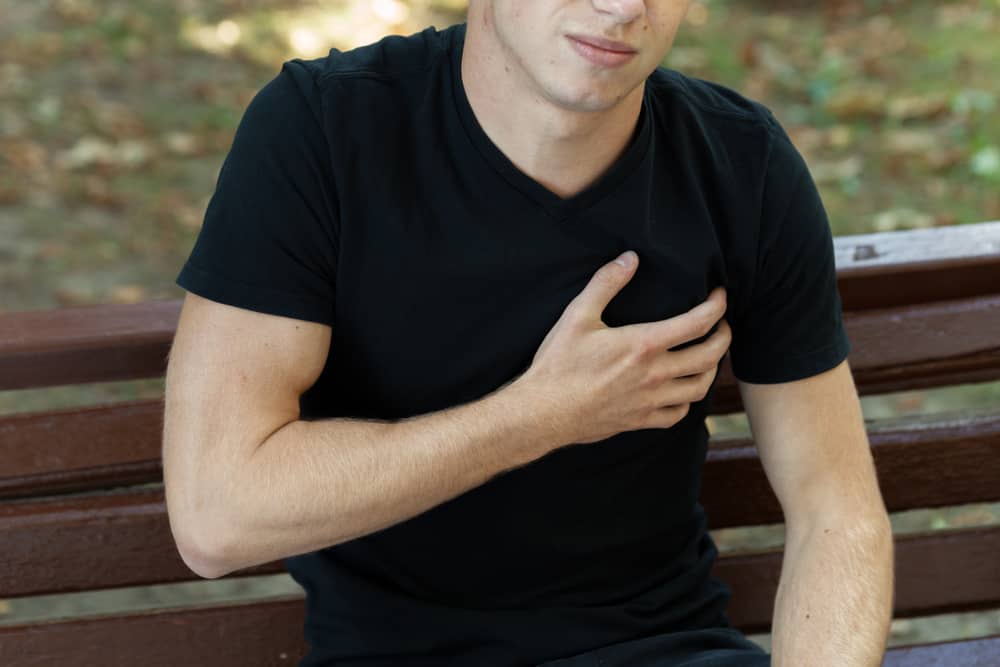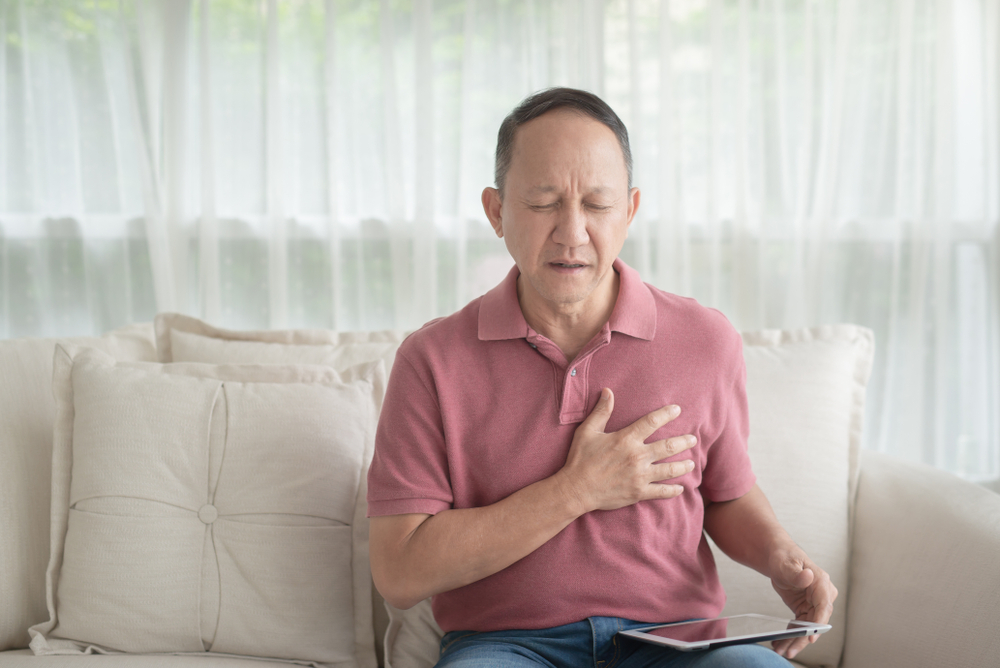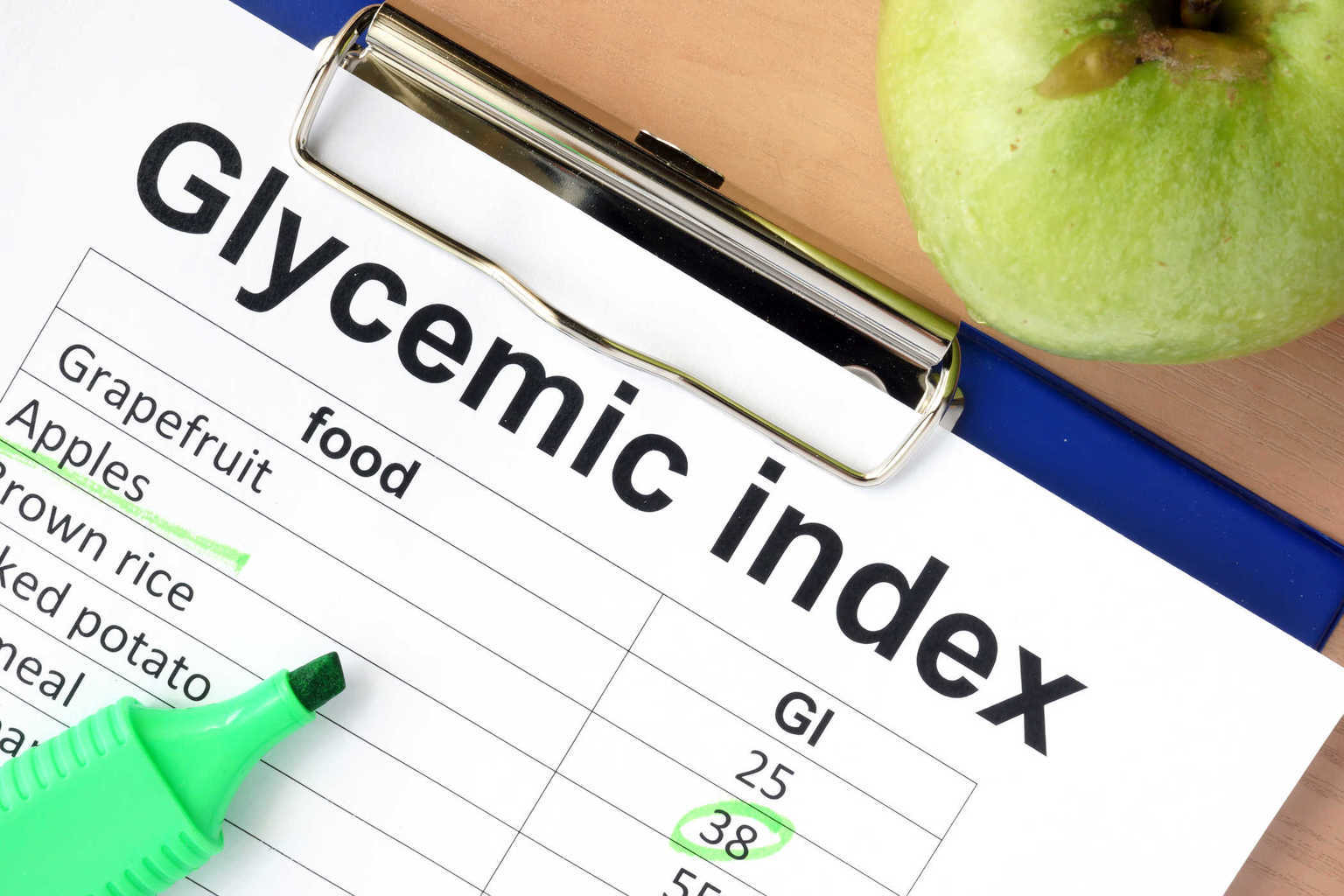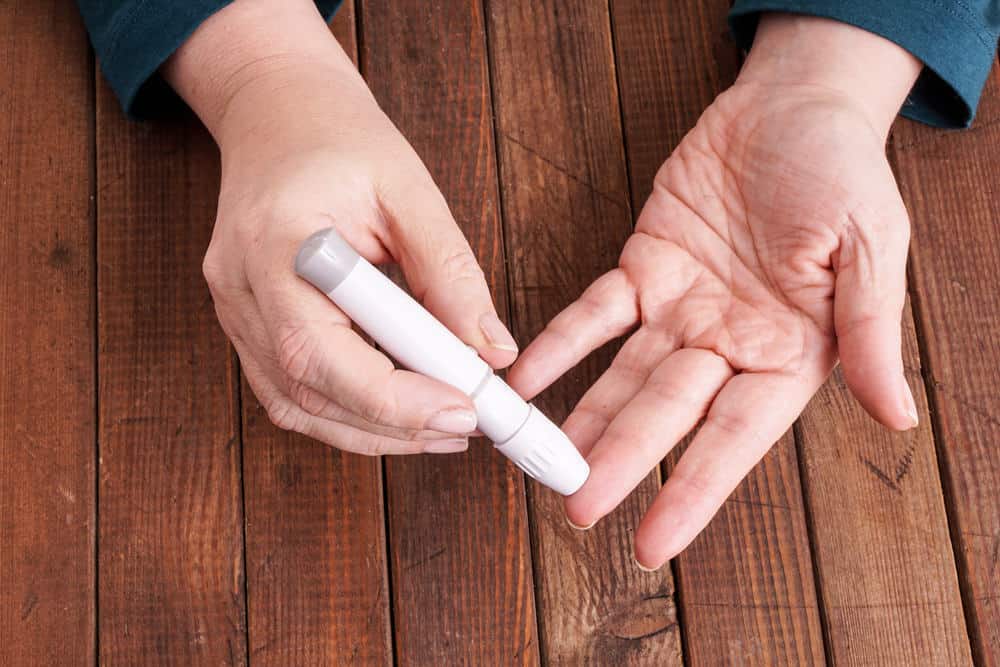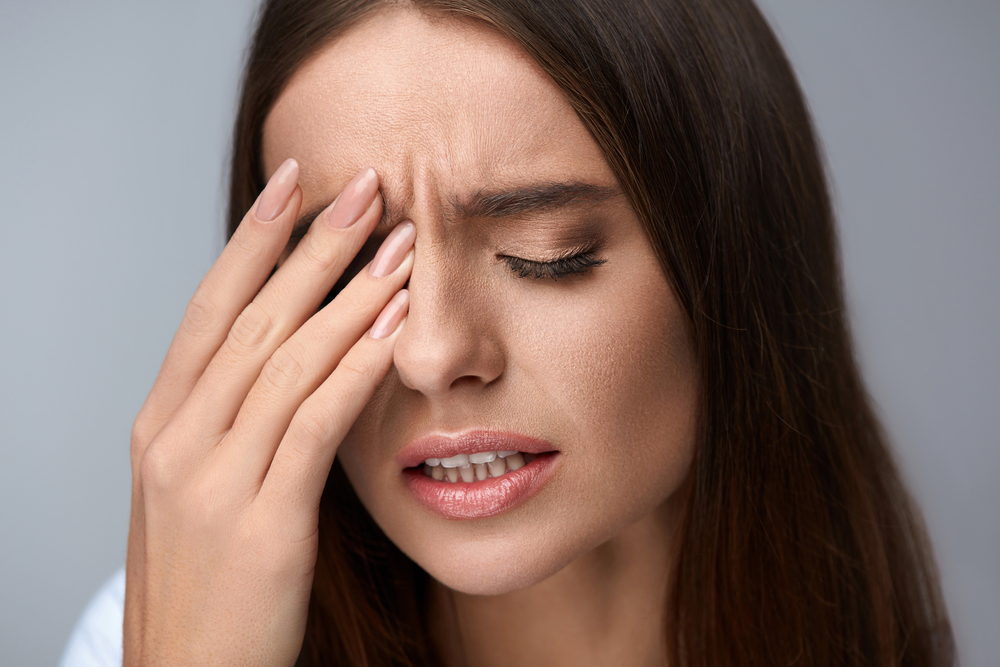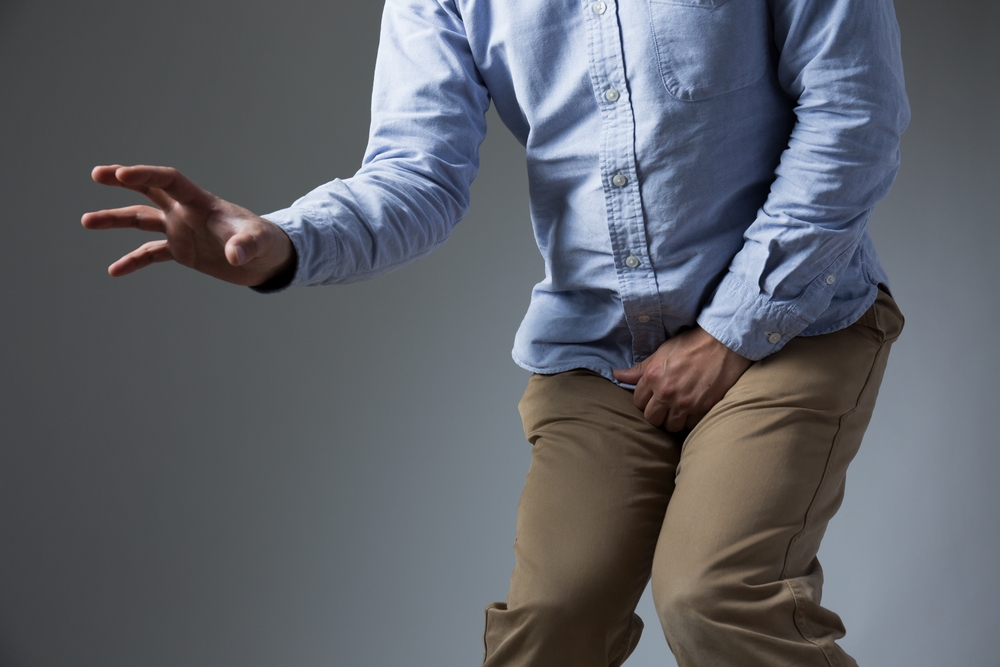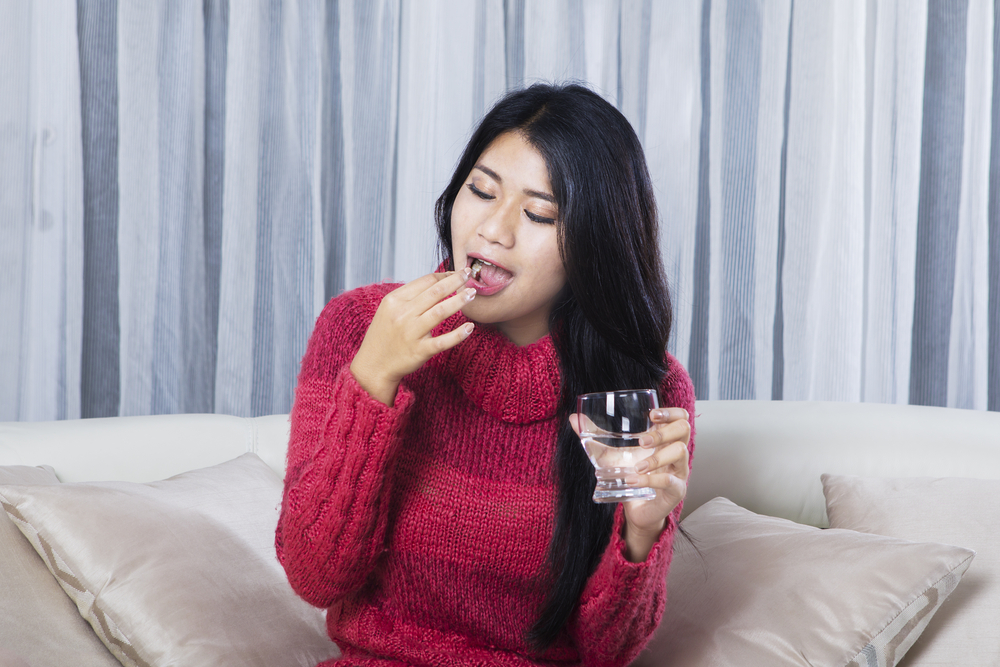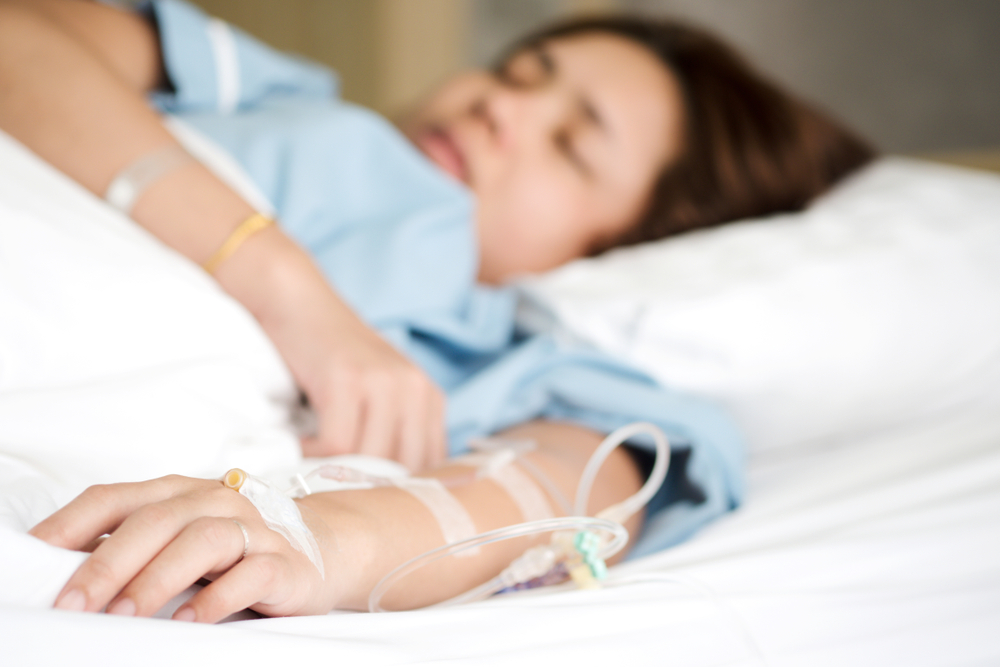Contents:
- Medical Video: Heart Palpitations Medical Course
- What are the causes of heart palpitations?
- What are the signs and symptoms?
- How do you deal with heart palpitations?
- Tips to prevent the heart from pounding again
Medical Video: Heart Palpitations Medical Course
The heart of an adult generally beats 60-100 times per minute with a regular rhythm. Even so, there are many things that can cause sudden heart palpitations and erratic rhythms. In medical terms, the condition of an irregular heart beat is called heart palpitations. What is the cause, and how to overcome it?
What are the causes of heart palpitations?
The heart can beat faster after too much exercise, due to psychological problems (such as stress, fear, anxiety, or panic attacks), excessive consumption of caffeine, or after eating certain foods, such as foods high in carbohydrates, fat, and micin (MSG) .
Some other causes of heart palpitations that are often found include:
- Certain diseases or conditions, such as excess thyroid hormone, anemia, lack of blood sugar (hypoglycemia), fever, lack of fluids (dehydration) and low blood pressure.
- Hormonal changes, especially during menstruation, pregnancy and before menopause.
- Side effects of drugs such as asthma, decongestants, diet drugs, and anti-arrhythmia drugs. Certain herbal supplements can also cause palpitations.
- Blood electrolyte levels that are not normal
Heart palpitations may also be caused by more serious heart problems. Usually, irregular heart rhythms caused by coronary heart disease, a history of heart attack, congestive heart failure, heart valve disorders, heart muscle disorders, blood vessel problems, or heart muscle disorders.
What are the signs and symptoms?
Besides heart palpitations which are characterized by a feeling of shortness of breath, heart palpitations can also be tend to trigger anxiety or sudden dizziness.
If your heart palpitates are caused by a heart disease, usually there will be other symptoms that accompany it - such as dizziness, body feeling floating or shakiness, chest pain, and shortness of breath.
How do you deal with heart palpitations?
Heart palpitations are generally harmless. When palpitations occur generally also won't last long.
Handling of heart palpitations must be in accordance with the cause. But in general, the following strategies can be done as an emergency step:
- Avoid these stressors and anxiety. For example, by moving alone to a more quiet and calm place.
- Lie down for a while while doing relaxation exercises, deep breathing, or listening to music to distract yourself. If possible, you can do yoga, tai chi, or meditation while inhaling aromatherapy.
- Stop consumption immediately, which can cause palpitations, such as alcoholic beverages, cigarettes, caffeine (tea, coffee, energy drinks), and certain foods mentioned above.
- If your palpitations appear after taking a drug, stop using it first. It would be better if you consult with a doctor before deciding to stop it.
It is important to note whenever a heart palpitates suddenly, and what you have been or have just done before that happens. This note is useful for knowing the patterns and triggers. Also note what your heart rate is at the time of the event, and whether there are other symptoms that accompany it.
If after doing the methods above, your heart still feels pounding or has a feeling of dizziness, feeling of drifting, chest pain and tightness, you should immediately go to the doctor to check your condition.
In some cases, palpitations can be a symptom of heart disease, especially if they occur with the following signs:
- Can not breathe normally
- Dizziness and / or chest pain
- Fainted
Immediately go to the doctor or emergency room for the nearest hospital to get timely diagnosis and medical treatment if needed. If your irregular heartbeat problem is really caused by a heart disease, then the doctor will provide treatment according to the underlying condition.
Tips to prevent the heart from pounding again
By maintaining heart health, you will be kept away from various heart rhythm problems. Some of the things you can do are:
- Healthy heart-friendly diets, such as the Mediterranean diet involving various vegetables and fruits, olive oil, grains, nuts, fish, low / non-fat dairy products, and whole grains.
- Always active for at least 30 minutes every day, or if not possible: a minimum of 150 minutes per week. Your doctor can tell you what level of exercise is safe for you.
- Lower weight if you feel the need, and keep a healthy weight.
- Manage other health problems you may have, such as high blood pressure or high cholesterol.
- Manage stress in a good way, such as meditation, yoga, or with deep breathing techniques.

